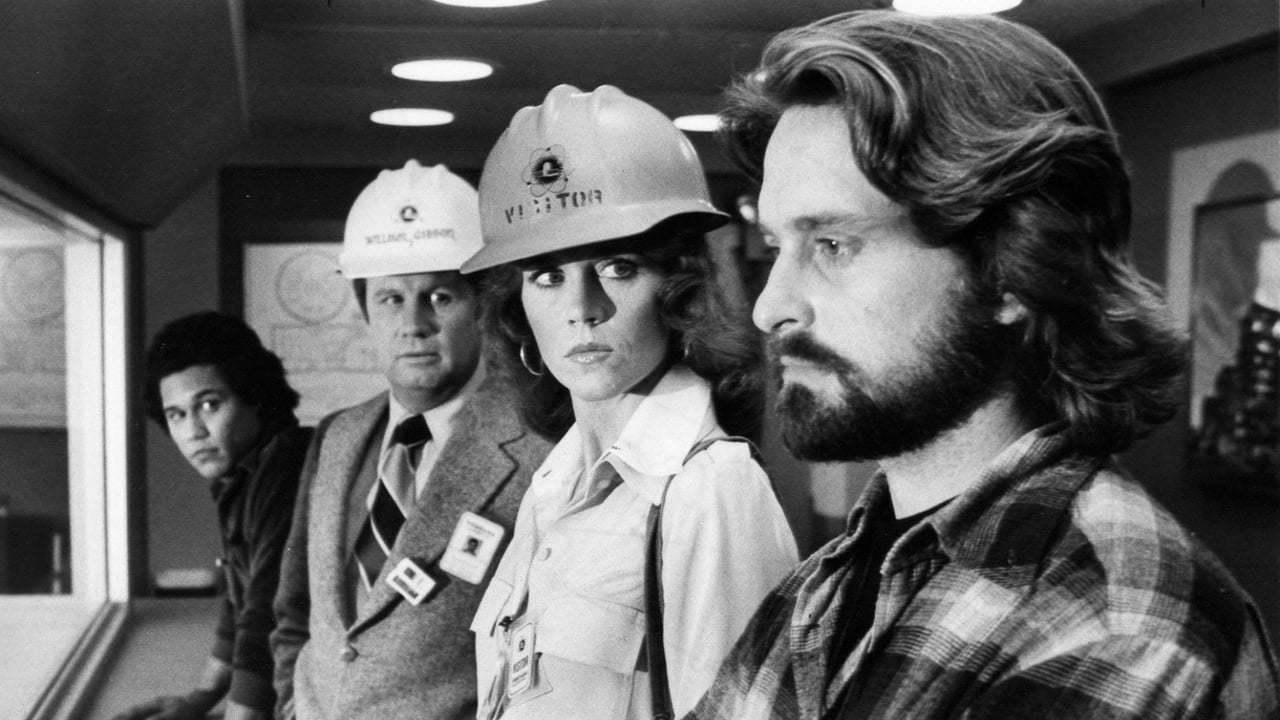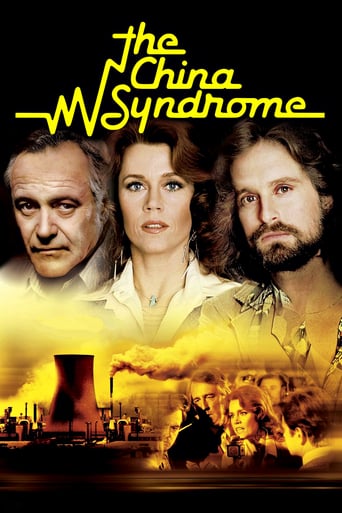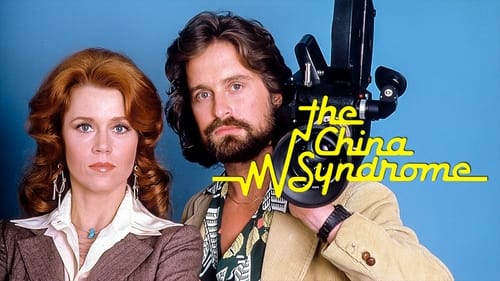



Sorry, this movie sucks
It’s an especially fun movie from a director and cast who are clearly having a good time allowing themselves to let loose.
View MoreClever, believable, and super fun to watch. It totally has replay value.
View MoreGreat movie. Not sure what people expected but I found it highly entertaining.
View MoreThis movie come from the waves of disaster movies of the seventies,made a huge success in that time,but slipped in a fake dramatization,the technical adviser probably was fired for the producers naturally,l've been working in oils field and relatives machines and l'm pretty sure it's never gonna happen like exposed in the picture,pipe plumbing are welding very carefully and then radiography taken by each section,another important info,in nuclear power plant are provide of several Pumps with by pass to be use just in case of fail of some them,still...even in case of welding rupture or cracking it didn't shake the building like shown in the movie...well maybe some asking about Chernobyl...it's totally different because the URSS's breakdown was the main cause of the disaster,they didn't enough money to make a proper maintenance,Fukujima was damaged by earthquake it's a natural event in Japan....all Nuclear Power Plant are safe instead unclean of course...they don't have any safe destination to waste water!!Resume:First watch: 1983 / How many: 5 / Source: TV-Cable TV-DVD / Rating: 8
View MoreI saw "The China Syndrome" in the movie theater when it came out. By the time I saw it, Three Mile Island had already happened, and people were hyperaware of the dangers of nuclear power. Back then, it seemed it was always in the news, and this continued heavily into the mid-'80s. Despite accidents as late as 2014, we haven't had one in the U.S. in a long time, so it's not as prominent in the news. Now it seems to be fracking.The China Syndrome concerns a nuclear accident that almost happened, and the attempts to trivialize it. Jane Fonda plays reporter Kimberly Wells, who does light news but is at the plant the day where there seems to be kind of disturbance in the plant room. Her cameraman, Richard Adams, played by Michael Douglas, surreptitiously films the goings-on. As one of the plant workers, played by Jack Lemmon, investigates, he realizes the problem goes deeper than initially believed.The news station refuses to allow Kimberly to show the film and puts it in a safe, where it is stolen by Richard, who thinks everyone at the station, including Kimberly, is a wimp. Pretty soon, the nuclear people are anxious to get the news people to keep their mouths shut.The China Syndrome is an excellent film all around, including the acting, directing by James Bridges, and the editing. Nuclear power still exists, there are still accidents, and this film remains still relevant.
View MoreI recently caught this film on TCM (though I own it on DVD). It was released 35 years ago to this day, yet it still holds a resonance today.In a nutshell, the film can best be summarized as this: A TV reporter and her camera crew in Los Angeles travel to a local nuclear plant to cover a story about how nuclear power works. Basically, it's a PBS special crammed into a few minutes; a educational time-filler, if you will. When they uncover is an accident narrowly avoided; a simple story becomes personal as they set out to expose what they witnessed in the hopes of stopping it from happening again before the next mistake takes a turn for the worst.But "The China Syndrome" is about more than that.It is about the politics of journalism. It's about the sensationalism of it, achieved through market research; grim news is briefly summarized, then never heard about again. The minutes are spent more on weather, sports, and the time-fillers that populate the final ten-to=fifteen minutes of the average newscast- the kind done in the vain hopes of putting a smile on the viewers' face by the end of the show.Which brings us to this point: it's about sexism. Kimberly Wells (played by Jane Fonda) is the reporter on call when a tiger's birthday is being celebrated, or special human telegrams commemorating special events in life are in need of a spotlight. When she's given the go to cover the workings of a nuclear facility, she and her cameramen (played by (also producer) Michael Douglas and Daniel Valdez) are given a tour of the Ventana power plant... and what is captured on camera could hold the key to saving many lives.They witness the makings of an accident that's only contained in the nick of time by shift supervisor Jack Godell (played by the late, great Jack Lemmon) and his able-bodied team. The news crew decides to run with the story, thinking it will give attention to the catastrophe... and possibly promote Kimberly into the big time.Unfortunately, there's one thing standing in her way: her boss (played with menace, at least I feel that way, by Peter Donat). Not only does he seem worried about the legal and emotional reverberations this story will cause, but he thinks the market research loves her where she is: at the bottom of the journalism food chain. Fortunately, however, Kimberly will stop at nothing to rise above the muck and make sure the accident is brought to light."The China Syndrome" is about greed. Godell learns not only are the valves old; so are the x-rays. He tries to convince his superiors that the situation needs to be fixed before it gets out of hand and too late to stop; but they refuse to listen because of the money involved (it would cost $20 million to fix, which is very expensive by 1979 standards). They will risk lives (not realizing that even they are vulnerable) if it means being rich beyond their wildest dreams.But most importantly, "The China Syndrome" is about power. Not just nuclear power, mind you, but the power that greed and fear jointly fuse together to represent. There is another power at hand, the power that Godell must take into his own hands to be heard, taking the facility at gunpoint and demanding to speak to Kimberly. By the climax of the film, it's not about Godell or Kimberly, it's about the people, whose safety lies in their hands.There's no happy ending here; the fact that there's no score throughout the film and the end credits symbolizes the silence Godell has been forced into- but then again, there wasn't supposed to be. Again, I point out, it's about power; a power we are susceptible to, a power we are sometimes gullible to. We can lie victim to it, or like Godell, Kimberly, and her cameraman, we can do something about it.If Participant (a production company that produces films relevant to the happenings in today's society) had existed around 1979, they would have wanted to "take part" in this.The film was almost ignored... until the Three Mile Island incident days later that this film echoed, with quite a haunting similarity. This echo kept some from seeing it out of fear of the prophecy this film highlighted; however, it left some curious; what could we have learned from this that may have helped us cap the situation for real before it could even start? It leads me to believe this: through the power of cinema, Columbia Pictures and the filmmakers predicted a real-life disaster before anyone else did. We, as news makers, as nuclear workers, maybe as politicians, or, like me, as ordinary people, couldn't comprehend what they were trying to say. Now, it's too late. (PG)
View More"The China Syndrome" makes for a potboiler of a story, and the fact that a similar incident happened just after the film's release gives it a frightening authenticity. Granted, there probably weren't any hit men in the real-life Pennsylvania tragedy, but this is nonetheless heady stuff. The movie unfolds at a leisurely pace, but the mounting tension always keeps things moving. And it's grounded by some good performances (chiefly Jack Lemmon, although Jane Fonda has a handle on the human- interest-turned-investigative reporter). Michael Douglas is also no slouch, what with his full-on Kenny Loggins vibe.It really stung when a key character was killed, but it didn't detract from my enjoyment of the film. "The China Syndrome" is a remarkably tense movie and takes us back to a time when the news media weren't useless. Great movie. And those silent credits are unbelievably haunting!8/10
View More